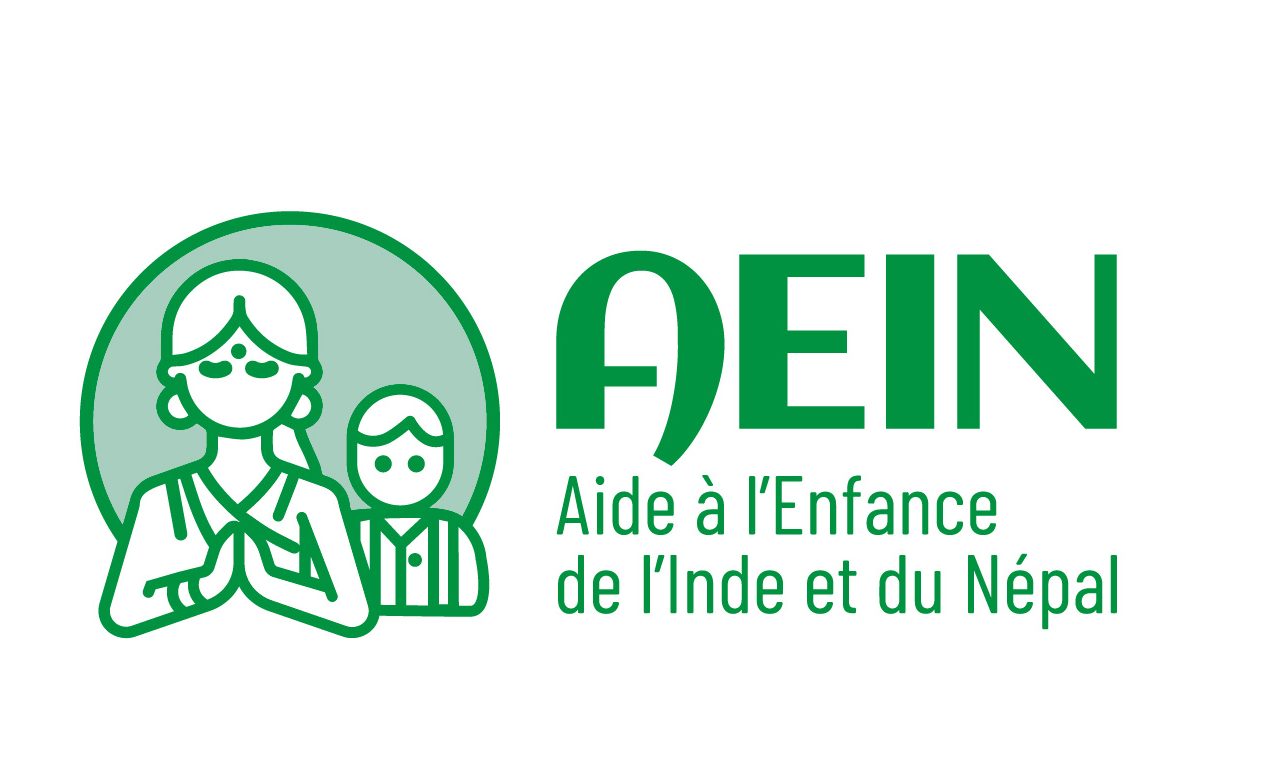Human rights defenders in Nepal
The position of human rights defenders in Nepali society and lack of government`s efficiency in their protection has been a topic of research for a long time. In 2022, Luxembourgish NGO Aide à l’Enfance de l’Inde et du Népal (AEIN) carried out interviews with women activists from different fields in Nepal, getting an insight into the decades-long experience and struggles of those women. Their role is multidimensional, from raising awareness of women rights in Nepal, to raising voice when they are breached. Although, they all have one goal – to live in an equal and just society.

Being a human rights activist is a tough call anywhere in the world. Though, there is a common perception that activists in Nepal are facing more challenges compared to some developed countries. Women rights activists we met in Nepal confirmed this assumption since they are daily dealing with the degrading treatment in law and practice by the government (Human Rights Watch, 2021). In general, human rights defenders in Nepal face threats of violence, unjustified arrests, restrictive laws on the operations of the NGOs, interference with peaceful assembly, even arbitrary and extrajudicial killings by the government. Number of arbitrary detentions of human rights activists in 2021 has increased by 35 (Human Rights Watch, 2021b; US Department of State, 2021). Even some of our interviewees were jailed countless times as they participated in mass protests against government authorities in promoting human rights.

With each election and change of government, new promises have been made, but old practices continue (Amnesty International, 2009). Many international organisations, as well as CEDAW condemned this oppressive behaviour, and violation of basic human rights such as right to freedom of expression and peaceful assembly. And although Nepal ratified international conventions on human rights, included Sustainable Development Goals (SDGs) in its national strategy, and has a very progressive Constitution, human rights and its defenders are endangered (Amnesty International, 2021).
In Nepal, young girls are facing discrimination at a very young age. The same experienced Rajeshwori, Rambati and Sudha. Such oppressive behaviour against women, originated in discriminatory cultural practices with a long tradition (US Department of State, 2021), gave those women no other option but to stand against it. The volume of their actions is extensive, but they are calling upon the whole community to join forces. Achieving gender coherence through transformative development in Nepal, while being under constant threat, requires a huge effort. Not only are they educating women and girls of their legal rights, empowering them to use it, they are pushing government authorities towards more inclusive policies based upon SDGs, and monitoring their implementation.
Thus, Rajeshwori Chaudhary who is 59 years old, is a human rights activist advocating for women’s right to education and against violence against women. She expressed that woman in Nepal are voiceless and treated as merely service providers. She experienced this suppression as soon as her parents married her off, which woke up the rebellion in Rajeshwori. She resisted, on behalf of herself and all the women in her community. Although she is near to retirement, she worked for four decades as a schoolteacher, believing that through an impact on the minds of young women, she can contribute to a more just and equal society in Nepal. For these last four decades, she motivated 50% of women in her community to begin their education.

That education is the key for a better future, agrees Rambati Chaudhary who is 72 years old, with a very long human rights activist career. She is very well-known all-over Nepal as an activist for social change and women’s empowerment. She was married at the age 4 and, since her teenage years, she advocated for “child education instead of child marriage“. She also emphasised the importance of impact made through public policies. When she was elected as a District Chairperson of the Women Committee, she was committed to inclusiveness of the public policies and their implementation. Rambati is also known for her advocacy of the causes of infertility cases as not only females’ weakness, but for the equal role of male’s reproductive capacity.

On harmful social norms spoke journalist Sudha Deo. Although journalism is a male dominated occupation, Sudha didn’t want to stay in the shadows. Instead, she stepped up and pursued her journalist career. She confirmed that women are deprived of their rights in Nepal, married off at a young age under the veil of culture. Being prevented from education, due to the expenses too high for the parents to afford, young girls are married off against their will and basic human rights. Sudha shared that her goal is to see her society free from any form of discrimination. Children’s access to education, as well as prevalence of child marriages decreased by 90% in the field. She is providing women and children with orientations on harmful social norms and practices, and legal provisions. She believes that this is the way to reduce violence against women in the long run. Still, Sudha believes that economic empowerment through sustainable livelihood is necessary for the development transition in Nepal.

Despite numerous institutional and social barriers, those three inspiring women have a common objective: equality. Even without state’s support, lack of strong legal framework for the safety of women human rights defenders, they remain dedicated to providing the change in their society. Not only do they come across criticism of local and state authorities, but also of the community. They are often described as traitors of the regime, hysterical and dysfunctional women or even accused of witchcraft. Yet they said: “Change is rarely accepted by those who promote the status quo, or better said those privileged in the current state of society.” To continue to fight on behalf of everyone in Nepal, they need safe environment, ensured enjoyment of universal human rights and unobstructed security forces on the way.
Tara Lipovina – AEIN project manager
Reference List
- Amnesty International (2009). Nepal: Government fails to protect women human rights activists from violent attacks. [online] Amnesty International. Available at: https://www.amnesty.org/en/latest/news/2009/04/nepal-government-fails-protect-women-human-rights-activists-violent-att-1/ [Accessed 20 May 2022].
- Amnesty International (2021). Nepal Archives. [online] Amnesty International. Available at: https://www.amnesty.org/en/location/asia-and-the-pacific/south-asia/nepal/report-nepal/.
- Human Rights Watch (2021). Nepal: Police Allegedly Use Excessive Force on Protesters, Target Activists. [online] Human Rights Watch. Available at: https://www.hrw.org/news/2021/10/18/nepal-police-allegedly-use-excessive-force-protesters-target-activists [Accessed 20 May 2022].
- US Department of State (2021). Nepal. [online] United States Department of State. Available at: https://www.state.gov/reports/2021-country-reports-on-human-rights-practices/nepal/





